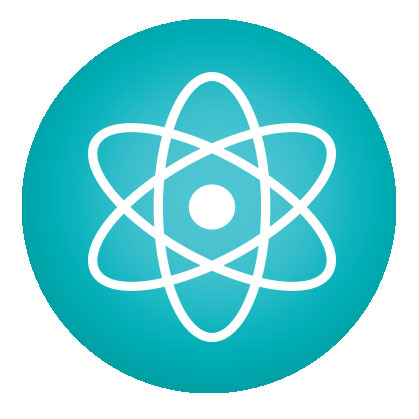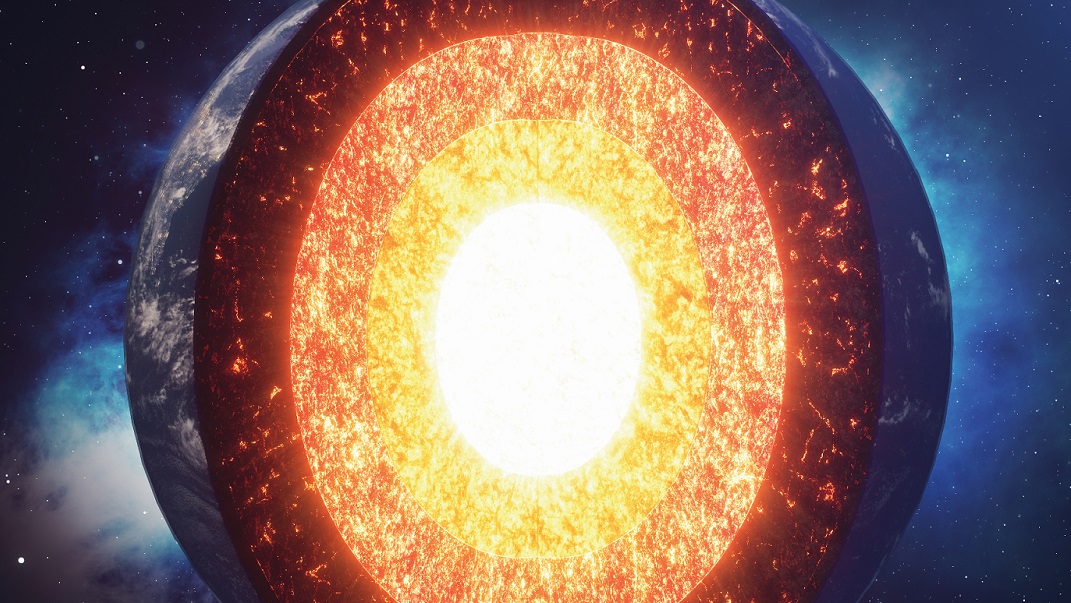Instinctive Knowledge

With Rav Moshe Wolfson, written by Baila Vorhand
Emunah peshutah. Many view it as a relic of the past, possible only amid the sheltered shtetl environment and relative ignorance of our (great-) great-grandmothers.
Others argue that this emunah is the most important type and that it behooves us to close our minds in order to remain faithful to it.
Still others define emunah peshutah as having the logical principles of emunah so clear in our minds that they become pashut, simple, to us (a definition that would exclude the emunah peshutah of that cherished great-grandmother with her sodden Tehillim).
A lack of understanding the nature of emunah peshutah leads to different results. We may be scared to examine the intellectual principles of emunah for fear of damaging this simple emunah — or we may ignore emunah peshutah completely, and focus only on logically proving the truth of the Torah.
What is emunah peshutah? How can we acquire it? Should we even want to?
In this series, we’ll answer those questions.
Inborn Information
The new mother lifts her crying daughter and holds her close. Baby twists of her head to her mother and begins sucking hungrily.
In order for this baby to survive, it appears, she must be proficient in the laws of physics. If not, how would she know exactly how to nurse? How would she understand that creating a seal and sucking will produce the vacuum needed to extract the nourishment she needs to survive?
But the baby knows nothing. She turns, opens her mouth wide, creates a seal with her lips, and sucks, all because she is driven by instincts. This intricate pattern of behavior is not something she needs to be taught, or even understand — she is born instinctively knowing how to eat.
Instinctive knowledge is much more prevalent and complex in the animal kingdom. Take the beaver building a dam. Using its paws and mouth, it drags branches and forms a structure that restrains thousands of gallons of water. Without an engineering degree, I’d never be able to construct a shelter that provided a safe home for a family of rodents amid a flowing current.
Like the human baby, the beaver is born with the instinctive knowledge required for its survival; it doesn’t understand the complicated science underlying its own behavior. The ability to build a dam is part of its very essence, encoded in its chromosomes. The same goes for the spider spinning an intricate web, the bird sitting on the egg for the precise amount of time required for it to hatch, a colony of bees operating a honey factory.
A New Species
Parents bequeath many of their traits to their baby — but not all of them. The key difference between traits that are transmitted from parent to child and those that are not is that the former are intrinsic to the parents, while the latter are acquired. For example, genes code for hair color and height. But if the mother dyes her hair red, her children will not be born with red hair, nor will a father’s disciplined exercise regimen produce a physically fit baby.
Knowledge works the same way. Knowledge that is part of the parents — like the ability to read facial expressions — will be known by their offspring. Information that the parents had to learn — math and music theory, for example — will not.
Upon the completion of the first six days of creation, all species, from roaches to giraffes to human beings, were complete in their unique forms and instinctive knowledge.
There was, however, one species that was missing. This creature was not left out because of its insignificance. To the contrary, it is the most important one; its existence is the very purpose of creation. However, Avraham Avinu, the first Jew, would only arrive on the scene after 20 generations of human beings.
When Hashem created each mammal, bird, amphibian, reptile, and fish on the fifth and sixth day of creation, he blessed each species with the ability to replicate by giving birth to offspring identical to itself. You’ll never find a tiger giving birth to a lamb; lambs today are descendants of the first lambs of creation. Same for dogs, cats, bees, and butterflies. Human beings also give birth to their kind only. How, then, were Avraham Avinu’s parents, humans, able to give birth to Avraham, a Jew?
Avraham Avinu was not born as a Jewish child to non-Jewish parents. He was born as a regular human being, but applied intense effort to elevate himself spiritually. He transformed himself not merely into a better human being, but into a creation completely different from his parents. Likewise, the Imahos also recreated themselves into Jews, despite being born to regular human parents.
This explains why Avraham and the Imahos were infertile. Hashem’s blessing to Adam and Chavah, and later to Noach, of “be fruitful and multiply” (Bereishis 1:28, 9:1, 9:7), did not extend to them because they weren’t members of the human race. They needed Hashem to infuse them with a new ability to procreate if they were to have children. Indeed, the Midrash (Bereishis Rabbah 39:7) tells us Hashem exempted Avraham from honoring his parents. Because he had transformed himself into a new species, Avraham was not considered a child of his parents.
Essential Emunah
The navi Nechemiah (9:6-8) praises Hashem as the creator of “the Heavens… their hosts, the earth and all that is upon it, the oceans and all that is within them.” Hashem created the universe, with all of its millions of creatures. Two and a half thousand years later, the one last missing species appeared: “You are Hashem Who chose Avraham.”
Avraham Avinu was unique, different from all of the creations that preceded him. How so? Nechemiah continues: “And you found his heart ne’eman lifanecha, filled with emunah before you.” Avraham Avinu was a species different from all those who had come before him in that he had emunah.
Avraham certainly wasn’t the first person to believe in Hashem. Adam, Sheis, Chanoch, Mesushelach, and Noach preceded him; Sheim and Eiver were his contemporaries. But Avraham’s emunah was different in that it became part of his essence, part of the DNA of his soul. Through a lifetime of spiritual work, Avraham Avinu had transformed his emunah from an acquired knowledge — something you know because you learned it, to an intrinsic knowledge — something you know because it’s part of you.
Through intense spiritual work, Avraham transformed his emunah from being a product of sophisticated understanding, to being peshutah, simple, natural, instinctive. He fused that knowledge into himself, transforming Avraham Avinu into a species different from all others. The Imahos also transformed themselves into Jews by embedding knowledge of Hashem into their essence.
Because the offspring of each species know all information inherent to them, Yitzchak was already born with innate emunah. Same for Yaakov. When the Shevatim were born, they were not born as grandchildren to Terach, Nachar, and Bilaam. They continued this new spiritual genetic line.
Until today, all Jewish babies are born not only knowing how to suck, but knowing Hashem as well.
In a nutshell: The Jew is a distinct species that instinctively knows Hashem.
(Originally featured in Family First, Issue 625)
Oops! We could not locate your form.









